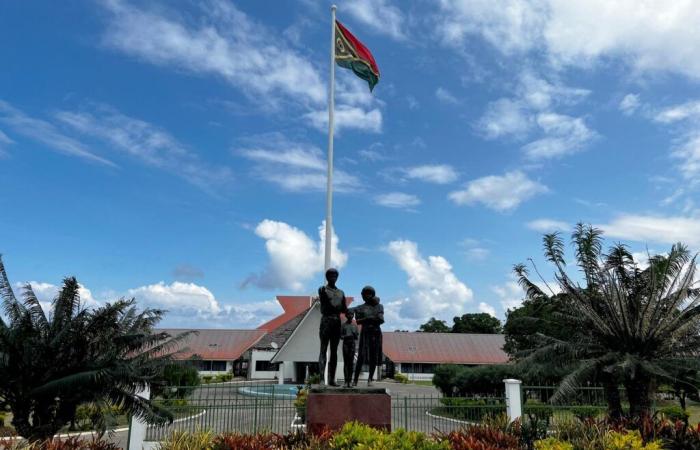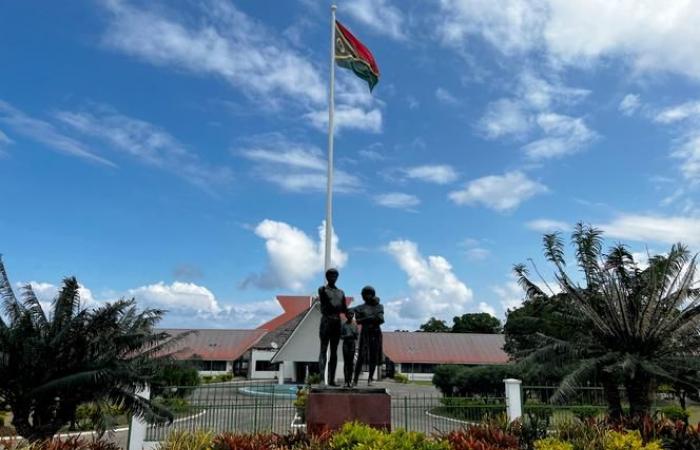From December 2 to 13, the International Court of Justice (ICJ) will be the scene of an unprecedented legal high mass on climate change. Lawyers and ministers from 98 states and 12 international organizations will come to plead at the Peace Palace in The Hague (Netherlands), which houses the ICJ, the highest judicial body of the United Nations (UN). It is also the member states of the UN General Assembly who, by consensus on March 29, 2023, decided to refer the matter to the 15 judges. They will have to answer two major questions: what are the international legal obligations of States in terms of climate protection? And what legal consequences can polluters incur, today and tomorrow?
For Vanuatu's special envoy on climate change and the environment, Ralph Regenvanu, these hearings are “a turning point in the global fight against climate change”. This representative of the small Pacific archipelago, at the initiative of this whole affair, is waiting for the legal opinion of the judges to be « a moral compass enabling UN member states to fulfill their obligations on climate change”.
Replacing political promises with legal obligations: this is the major challenge of these hearings. The most vulnerable states, those in the Global South, want to obtain a decision that strengthens them during future climate negotiations and rebalances the balance of power. They also hope that the ICJ's legal opinion will provide a solid and unified basis for judges around the world dealing with climate disputes.
Read also (2022): Article reserved for our subscribers Threatened by global warming, Vanuatu wants to take international legal action to push governments to act
Read later
There exists “a mosaic of obligations”estimates Margaretha Wewerinke-Singh, professor of environmental law at the University of Amsterdam and member of the Vanuatu team. The 15 judges of the ICJ are the guardians of international law. At the end of their deliberations, in several months, the judges will not decide on one or other of the climatic situations that will be presented to them, but they will lay down the principles: they will say what the obligations of States are according to already existing international law. . And what remedies apply if convicted by a national court.
“A continuing violation of international law”
The climate issue will be scrutinized by major international texts. Those on the environment, such as the Paris Agreement, and the texts which form the basis of the political, cultural and social rights of peoples, such as the United Nations Charter. Everywhere, says Margaretha Wewerinke-Singh, “we see how, for example, failure to protect the marine environment from climate pollution violates obligations under the law of the sea, and how this same behavior violates the right to self-determination of peoples and others human rights protected internationally ». For this expert in environmental law, member of the Vanuatu delegation, “generally speaking, the destruction of the Earth's climate system constitutes a continuing violation of international law”.
You have 46.68% of this article left to read. The rest is reserved for subscribers.







